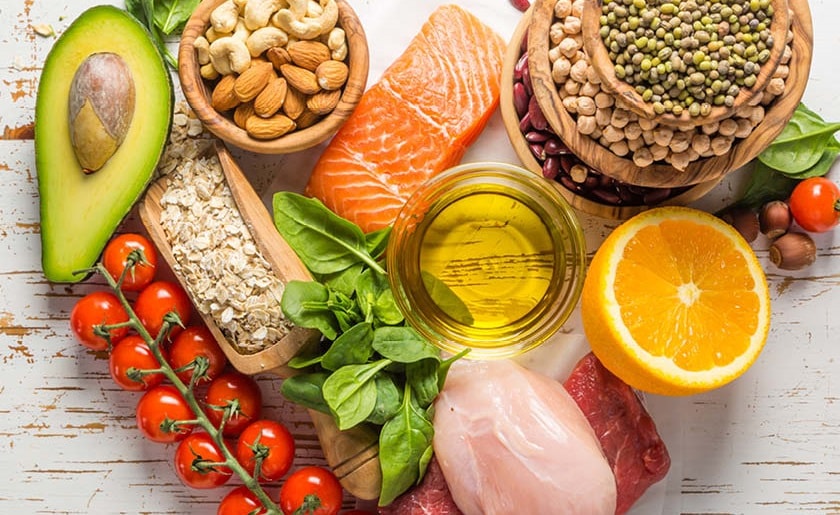What is cholesterol?
Cholesterol is a type of fatty substance that is produced naturally by the liver and then circulates in our blood.
While cholesterol is essential for body functioning, too much can increase the risk of heart disease.
There are generally no symptoms associated with high cholesterol, so it is important to have this checked regularly by a health care professional.
Is high cholesterol bad?
High cholesterol levels in the blood can cause plaque to form on the inner walls of the arteries - this is called atherosclerosis.
Atherosclerosis slows down the blood flow to the heart causing angina. It can also block blood flow and cause a heart attack and/or stroke.
Lowering your cholesterol level if high, can help reduce the risk of these diseases developing.
What causes high cholesterol?
There are a variety of factors that contribute to high cholesterol, some can be controlled and others (such as age and family history) cannot.
An unhealthy diet, physical inactivity, smoking, being overweight or obese are all lifestyle risk factors for high cholesterol.
How can I improve my cholesterol?
Positive changes that you can make to your diet to improve your heart health include:
- Eat plenty of fruits, vegetables and wholegrain cereals
- Include a variety of healthy protein sources including fish, seafood, lean meat and poultry, legumes, nuts and seeds
- Choose reduced fat dairy products such as unflavoured milk, yoghurt and cheese
- Choose healthy fats such as nuts, seeds, avocado, olives
- Use healthy oils such as nut, seed, avocado and olive oils for cooking
- Replace salt with herbs and spices to flavour food
For more information on cholesterol and improving your heart health, please visit the Heart Foundation website


